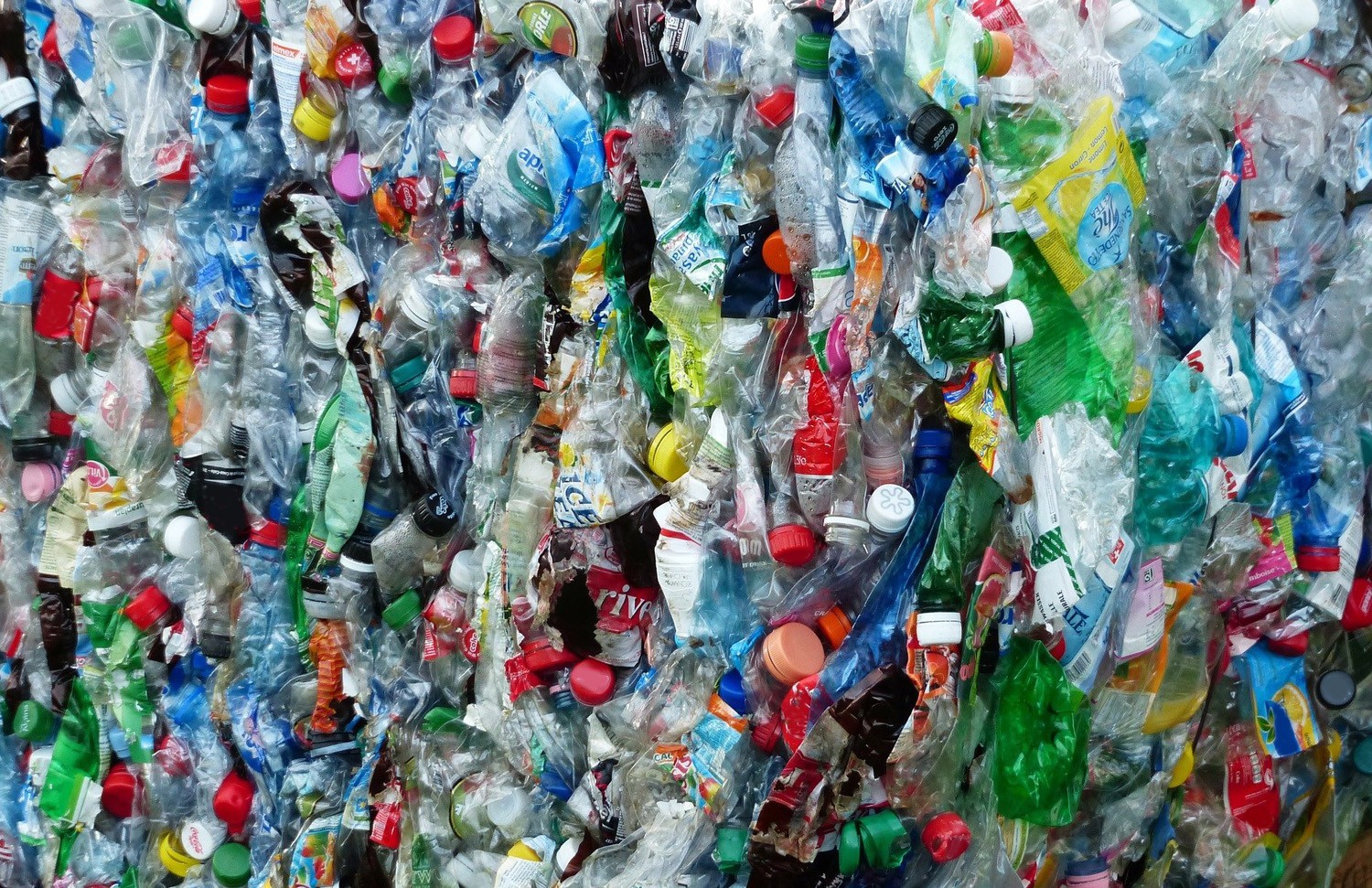Suspected cases of “recyclate fraud” are currently increasing. In times of cheap virgin plastic, new plastic is increasingly being labelled as recycled and imported. This is not only a feast for the media and a danger for their own reputation and legal security. It is also not in the spirit of sustainability and the circular economy. Certificates that attest to the use of genuine recycled material offer a way out. But the variety is great and the differences relevant. We will find a way through the jungle for you.
Prey and victim? Those who buy recyclate for their packaging increasingly face the danger of being deceived. Reports are mounting that Virgin plastic is being labelled as recyclate and imported into Europe. This increases the risk of becoming a bad guy without any bad intentions, including scandal, loss of reputation and legal uncertainty.
The transparent traceability of recycled materials offers a way out. On the one hand, appropriate seals and certificates help to ward off image and environmental damage. At the same time, they can help to gain certainty about the quality of the recyclate.
Which standard is suitable for your company and product depends heavily on
- whether you are B2B or B2C,
- how high the recycled content of your product is,
- where your target group is located and
- whether you want to cover social and environmental risks in addition to traceability.
The situation with certifications and seals
Certification systems to prove the use of “genuine” recycled material are currently mushrooming. The basis for most certificates is either “EN 15343:2007 European standard on recycled plastics traceability” or “ISO 15270:2008” Plastics-Guidelines for the Recovery and Recycling of Plastic Waste.
Since chemical detection is not feasible in most cases or makes no economic sense, all systems use document tracking. The input, the production losses and the output are tracked.
Overview of certificates
In the following, we give you an overview of the most commonly used certificates. The list does not claim to be complete – and it is inevitably provisional. Because there will be more certificates and standards in the coming months and years. But: For here and now you get a solid working basis.
- Blue Angel: The Blue Angel is the oldest and also the best known seal in Germany. It is almost never used for the new, but mainly for the traditional applications of recycled material. The reason for this is that the Blue Angel stipulates a high minimum proportion of recycled material.
- GRS & RCS: The Global Recycled Standard (GRS) and the Recycled Claim Standard (RCS) are the global means of choice for the textile industry to prove recycled content. For this reason, GRS and RCS are among the most widely used standards.
- ISCC Plus: For the plastics industry, ISCC Plus has established itself as the leading standard over the last three years. ISCC Plus builds on the ISCC EU standard system, which was originally developed for the biofuel sector. Via the ISCC Plus extension, it can also be used for other, non-regulated sectors such as food & feed and bioeconomy. A special feature of ISCC Plus: in addition to document tracking, the standard also offers analysis as a path to the seal. ISCC Plus is a broadly applicable certification tool, which can also be used for new biobased materials.
- RSB: The “Roundtable of Biomaterials” is another standard that has developed from the biofuel sector and now also certifies bioeconomy applications. Its characteristic feature is the high standard with regard to ecological and social requirements. Special feature: Like ISCC Plus, certification can take place not only via document tracking, but also via the analysis route.
- RecyClass & EuCertPlast: RecyClass and EuCertPlast are fairly new standards. Both are managed by PlasticRecyclers Europe. Both focus exclusively on the traceability of the plastic recycling supply chain. Despite its young age, EuCertPlast is establishing itself as a standard among European recyclers.
- OBP: OBP stands for Ocean Bound Plastic. The “niche certificate” was developed by the NGO “Zero Plastic Oceans” in collaboration with the certification group “Control Union”. Only recyclate consisting of plastics from the sea or supplying rivers is certified.
- Plastic Free: The certificate is awarded by a start-up of the same name. The fact that it appears in our list of plastic certificates has to do with the fact that it does not consider biodegradable plastic to be plastic and labels its use “Plastic Free” accordingly.
Conclusion
There is an increasing need to use only recycled material that can be transparently and certified as coming from a “clean” source. The risk to one’s own reputation is simply too high. The added value of certification is reliable proof of the quality of the material used.
Which standard suits your company best depends on various factors. We have briefly outlined the most important ones above. For details, we look forward to a personal discussion.

